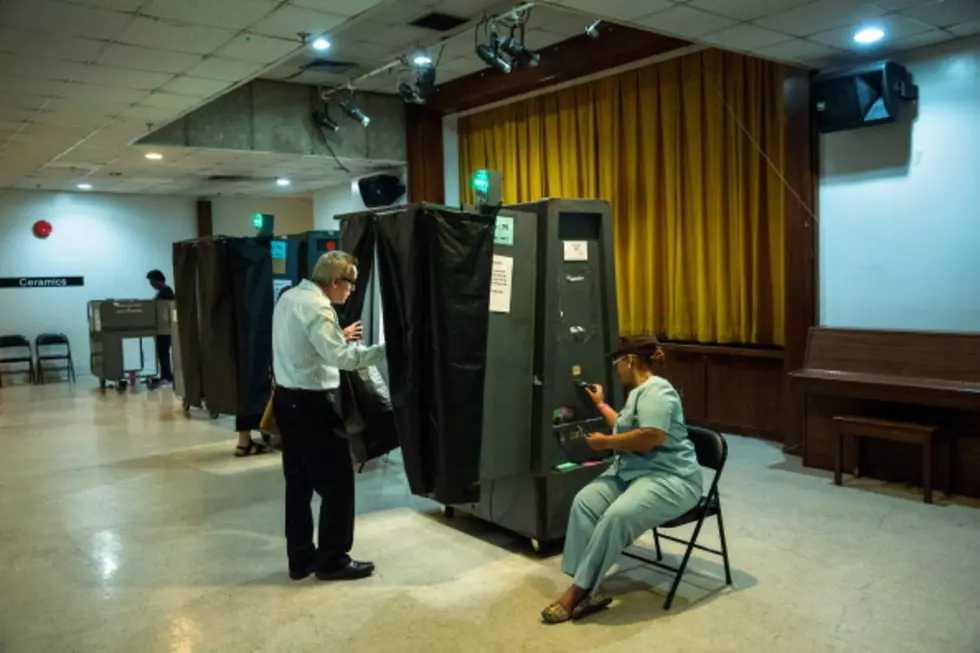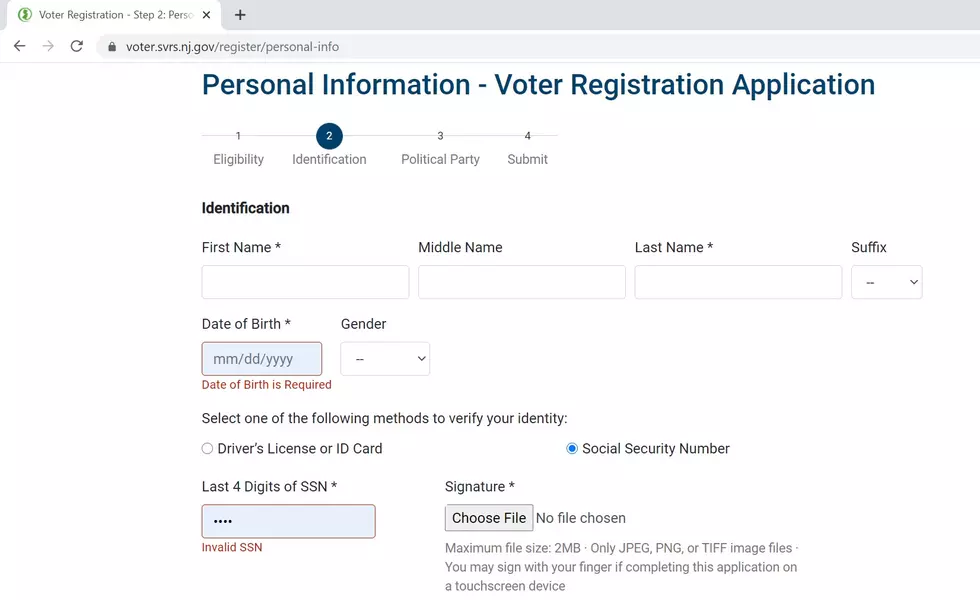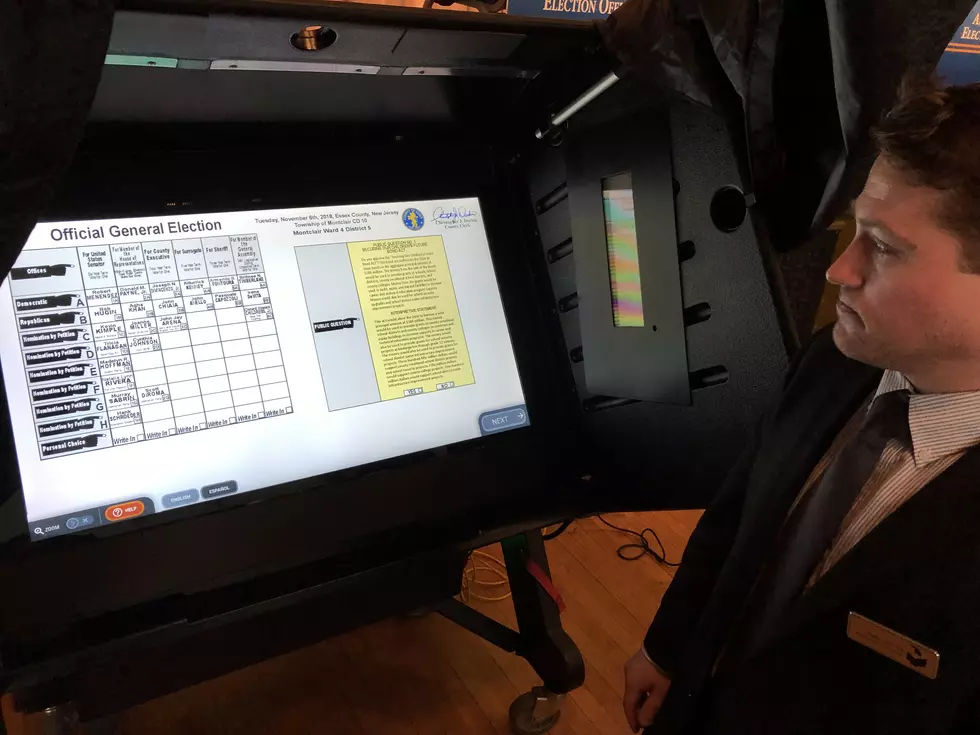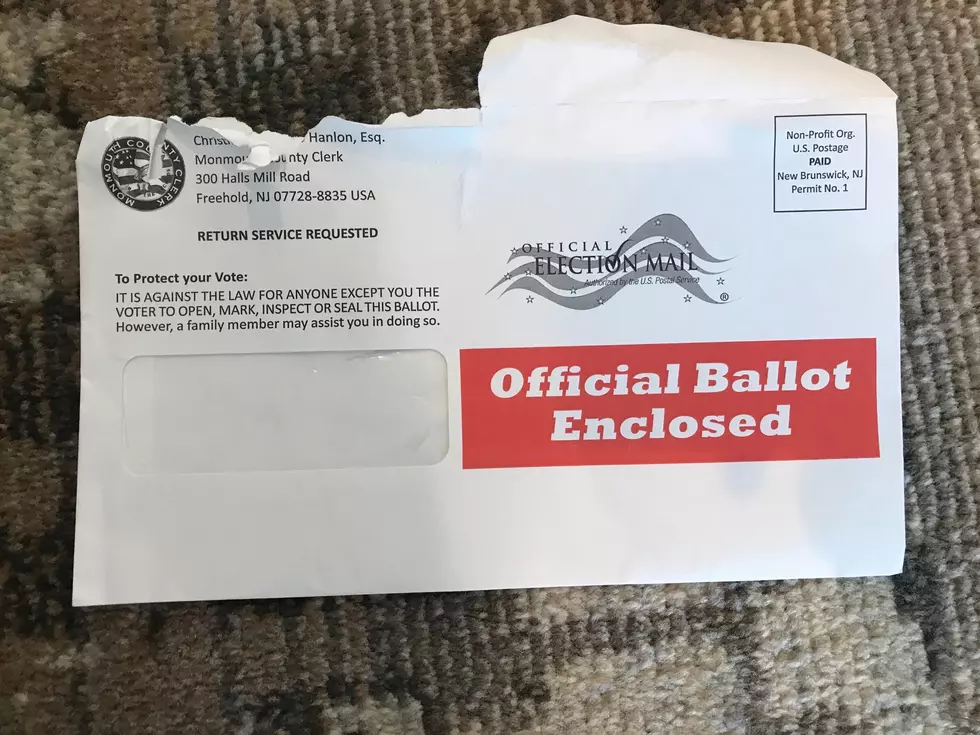
11 big changes NJ could make to boost voter participation
In a new report, the New Jersey Institute for Social Justice identifies what it calls four barriers to “a robust, inclusive democracy” and recommends 11 changes it says can boost voter participation in the state.
They include some major changes, such as: mandatory civics classes in high school and college; requiring paid time off from work to vote; same-day registration on Election Day; lowering the voting age; making the Legislature full-time but increasing the pay; and term limits for local offices.
“Voter apathy, low voter turnout, they’re symptoms of a bigger problem. They’re not actually the cause of an issue,” said Henal Patel, director of the group’s Democracy & Justice Program. “And what it comes down to is that people feel that they’re unrepresented, alienated or cut off or uninformed about a system which is often inaccessible to them.”
Lack of knowledge
The study is based on interviews with residents of Newark, though Patel said it is representative of the state as a whole, as well as broader research. It says the first barrier is a lack of voter knowledge.
“People honestly don’t feel that they know enough about not just how the government works but who candidates are and the different layers of government. And it is complicated,” Patel said, in particular for awareness of state and local government that get less attention than presidential politics.
“So we recommend mandatory civics education in high school, in colleges, so that we can have a new generation of students here who through the rest of their lives, they won’t have the same gaps that the rest of us unfortunately have,” she said.
Fewer — and better — election days
The report also suggests consolidating all local elections in November, rather than having that be an option for municipalities, and making voting more accessible – by putting information about candidates and voting available in more languages on a state-run website or app and by ensuing polling places are accessible to people with disabilities.
The second group of obstacles are described as systemic barriers that make it more challenging than it needs to be to cast a ballot – despite the state’s vote-by-mail program, which allows people to vote by absentee ballot for any reason.
For instance, the report said voting in a Tuesday election can be difficult for working-class people, particularly those who work more than one job, and that the state should consider a law requiring employers to provide workers paid time off to vote.
Twenty-three states allow people paid time off to vote and seven allow unpaid time off, though most states don’t require employers to inform their workers about that right, according to the report.
“It doesn’t have to be a full day or anything. But people should be able to get an hour or two to be able to go vote and come back because it’s a collective good,” Patel said.
The state should also expand early, in-person voting and allow Election Day voter registration, as currently allowed in 21 states and Washington, D.C., says the report.
“There’s so many times where people don’t know elections, especially the non-big, major presidential ones,” Patel said. “And someone tells them, ‘Hey, come vote.’ And they might want to and then realize they’re not registered, and it’s too late, even if that’s a week before Election Day. And that’s kind of ridiculous and unnecessary.”
Convicts and teens
The third barrier cited by the report is described as a restricted electorate. It suggests allowing prison inmates to vote – a goal of the institute that wasn’t including in the new state law allowing people to vote while on parole or probation – and lowering the voting age.
“It’s an arbitrary actual restriction, right?” Patel said. “There’s nothing that says that the day before your 18th birthday, you’re less able to vote than the day of your 18th birthday.”
Three municipalities in Maryland and one in California allow 16-year-olds to vote in local elections, as well as more than a half-dozen other countries. Patel said there should be a conversation about a good voting age but that it should be “at the very least 16.”
The last barrier the report cites is, basically, skepticism about representative democracy – a belief that the system is unresponsive and the winners predetermined. To address that, it suggests ending the ‘party line’ in primaries, adopting term limits for local offices and making the Legislature full-time.
Patel said she understands why members of a Legislature that generally meets only on Mondays and Thursdays are paid $49,000 a year.
“But then you have to consider: What jobs let you be in Trenton two days a week? They’re essentially all jobs that either benefit from having someone who works in state government or as a legislator, I should say. Or they’re people who are independently wealthy or retired,” Patel said.
“So we have a state Legislature that’s just inaccessible, even to run for office, to a lot of people in the state – a lot of younger people, a lot of people who don’t have the wealth to just do this,” she said.
The report suggests to encourage more people to run, the position should become full-time and pay a full-time salary. Patel said it should perhaps be similar to the $110,000 in New York or $88,610 in Pennsylvania.
More From WOBM News:

More From Beach Radio










